Man Group is committed to reducing its absolute carbon footprint and to being consistent and transparent about the progress we are making. As a key part of our Corporate Sustainability strategy, you can read more about how we manage our environmental impact in our Corporate Sustainability Brochure.
We continue to implement changes to our operations to ensure we are on track to meet our emissions reduction target set for 2024 and are on the strategic pathway to net zero carbon in our global workplaces by 2030.
Environmental Impact - Case Studies
Riverbank House is rated “Excellent” via the Building Research Establishment Environmental Assessment Method (BREEAM). The building has a green roof, rainwater harvesting and solar power generation.
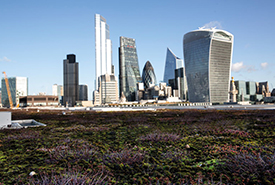
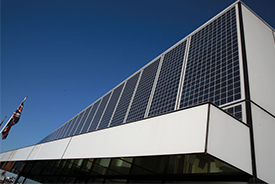
Our Pfäffikon office is a short walk from Lake Zurich and is powered by renewable hydro-electric energy.
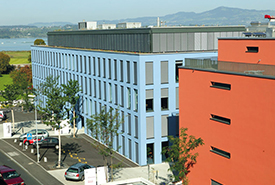
Environmental Training and Awareness
Environmental awareness campaigns are run in offices focusing on areas such as increasing recycling, reducing energy use, cycling to work and removing single use plastics.
We have run a number of sustainable volunteering activities across our offices including litter pick-ups, local garden and park maintenance as well as educational awareness events.
Environmental Impact - Performance
The information below details our mandatory reporting of greenhouse gas emissions for the year.*
In 2024, we have met all of our short term targets as set out in our Annual Report. However our 2024 emissions have slightly increased in most categories due to business expansion and investment in data centres.
*Pursuant to the Companies Act 2006 (Strategic Report and Director’s Report) Regulations 2013.
Scope 1 (Fuel)
Scope 1 emissions are direct emissions from owned or controlled sources e.g. fuel.
Scope 2
Scope 2 emissions are indirect emissions from the generation of purchased energy e.g. electricity.
Scope 3
Scope 3 emissions are all indirect emissions (not included in scope 2) that occur in the value chain, including both upstream and downstream emissions.
Location based
Reflects the emissions of what we physically consume at our operations sites. It’s calculated using solely the average emission intensity of the local grid where we source power.
Market based
Reflects emissions from energy we purchase.
Environmental Impact - Intensity Metric
The emissions we are reporting have been calculated using an intensity metric which will enable us to monitor emissions independent of activity. As Man Group is a people-related business, we expect that any changes to headcount will impact the property space we occupy and the amount of business travel we use. Therefore, emissions per employee are the most appropriate metric for our business, as shown in the table below.*
*The number of FTE employees used in the intensity metrics at the end of 2024 was 1,704 (2023: 1,704)
* These items are included in the scope of our 2024 and 2023 limited assurance reports.
Environmental Impact - Objectives and Targets
We strive to make our contribution to the Paris Agreement ambition to keep temperature rise well below 2°C pre-industrial levels. In 2024 we met all of our short term targets. We continue to drive more of our offices to use renewable energy and pursue best practice.

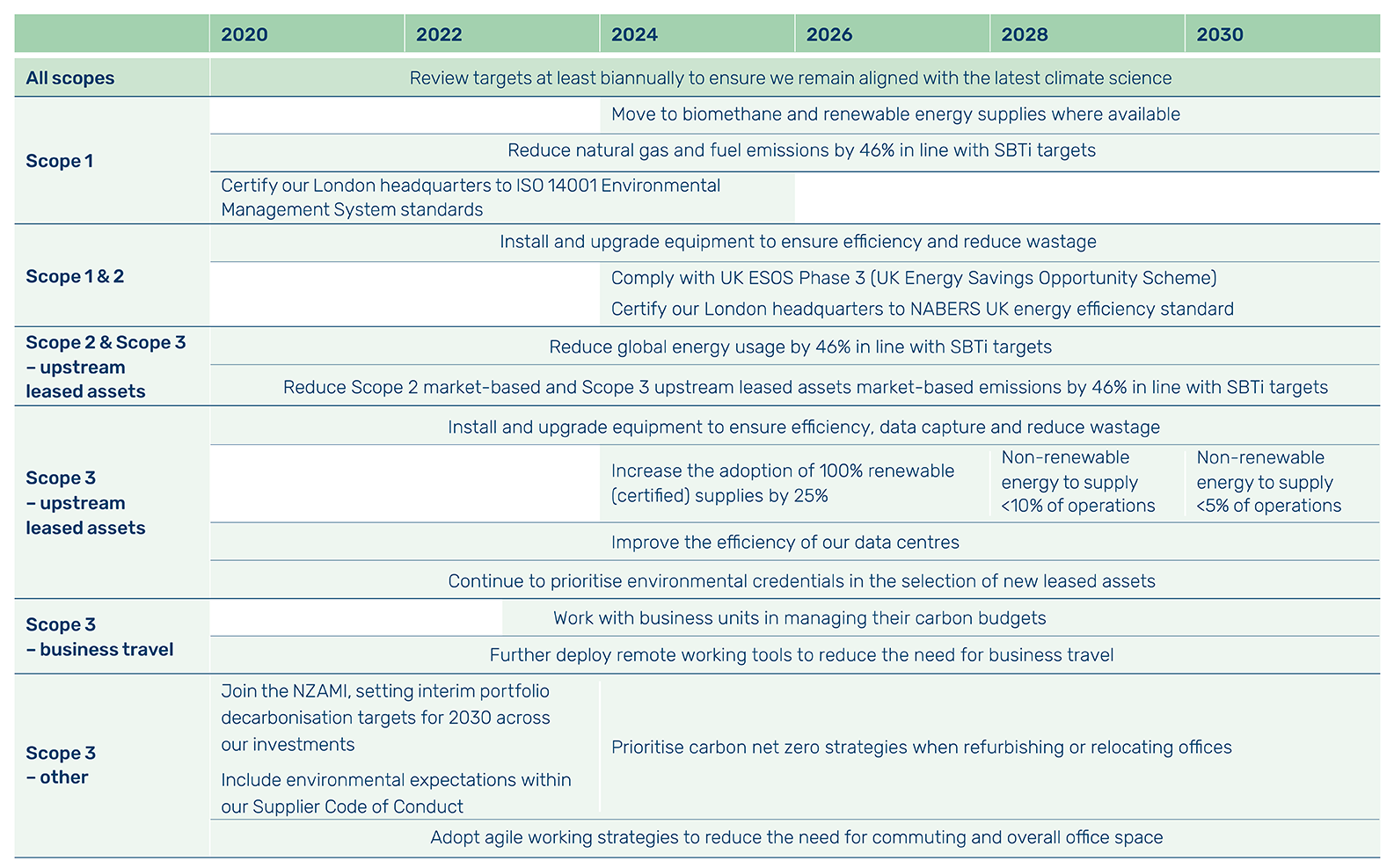

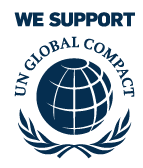
You are now leaving Man Group’s website
You are leaving Man Group’s website and entering a third-party website that is not controlled, maintained, or monitored by Man Group. Man Group is not responsible for the content or availability of the third-party website. By leaving Man Group’s website, you will be subject to the third-party website’s terms, policies and/or notices, including those related to privacy and security, as applicable.